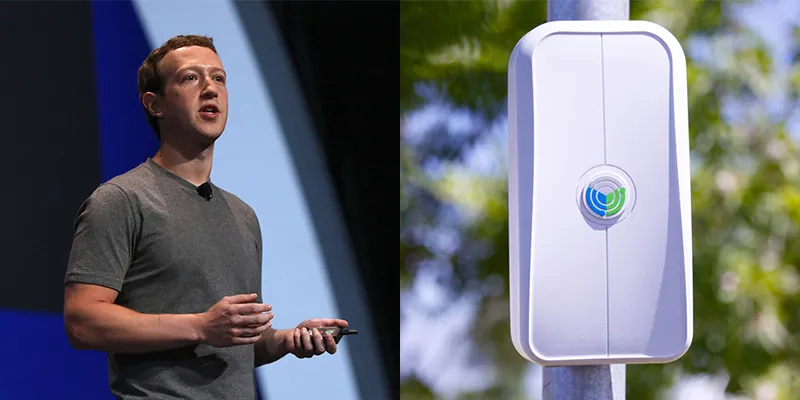Facebook launches OpenCellular: noble cause or gimmick?
Social media giant Facebook announced the launch of OpenCellular, the company’s latest attempt at bringing the Internet to everyone. According to Facebook, more than four billion of the world’s population is still not connected to the Internet and 10 percent of the world lives outside network coverage.

Facebook has an enviable user base of over 1.6 billion people. While that is an achievement in its own right, the company has to keep asking itself “what next?" In order to bring in new users, the company plans to target the ‘Internet virgins’, as this is the only way the company can grow. The number of users have saturated in many developed countries such as US and UK, hence Facebook is looking for new ways to bring more people online from developing markets like India and Africa.
OpenCellular is a shoebox-sized device that can be attached to a tree or lamp post, and it has the ability to support a variety of communication options including network in a box or access points for 2G or LTE. With constructing an entire network tower being too expensive, OpenCellular provides a cheaper alternative. An important feature of the device would be its ability to withstand harsh conditions, making it a reliable bet.
Facebook promises to open-source the device along with hardware design so that others can build, deploy and operate wireless infrastructure under its platform. It is also in talks with Telecom Infra Project (TIP) to build an active open-source community. With this device, anyone can deploy their own cellular network and it’s not as hard as you might think.
While this does seem like a noble move, the company’s previous similar attempts have had the sceptics talking. Facebook had initiated Internet.org, later re-branded 'Free Basics'. Back then, Facebook had claimed similar intentions of providing free ‘basic’ Internet access to everyone. However, the initiative received a lot of criticism for its alleged threat to net neutrality. Important feedback that Facebook received around that time was that the people did not want free Internet, and that many were willing to pay but lacked connectivity.
Facebook is also building a lightweight, solar-powered drone to provide Internet in remote areas of the world.
Connecting the world is a noble cause, and had the Free Basics initiative been structured properly, we would all have been busy appreciating Facebook. We do hope, though, that this time around, Facebook succeeds at an initiative for the greater good.







